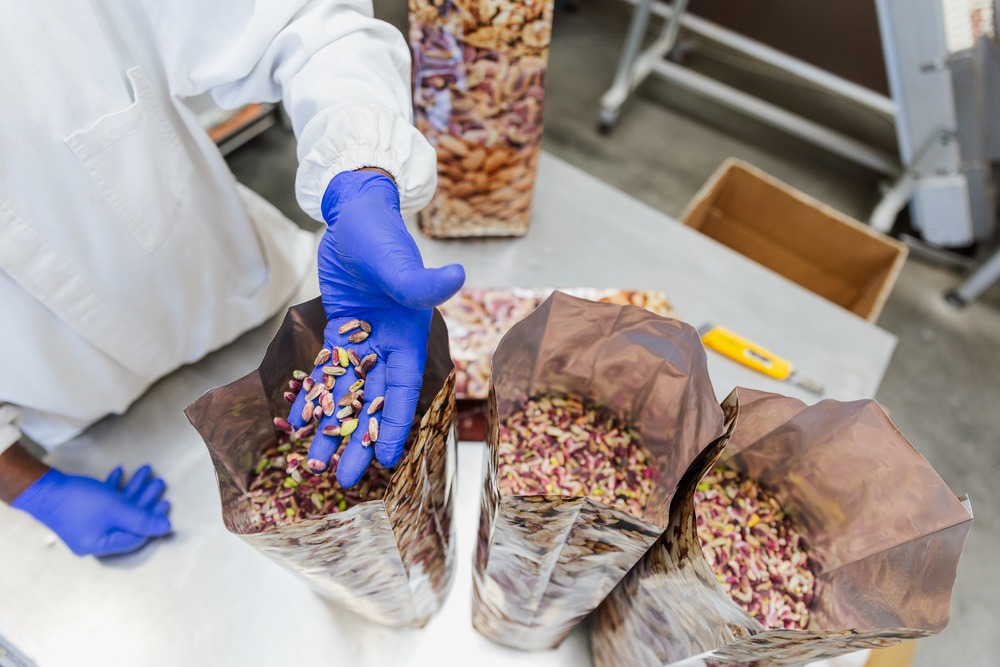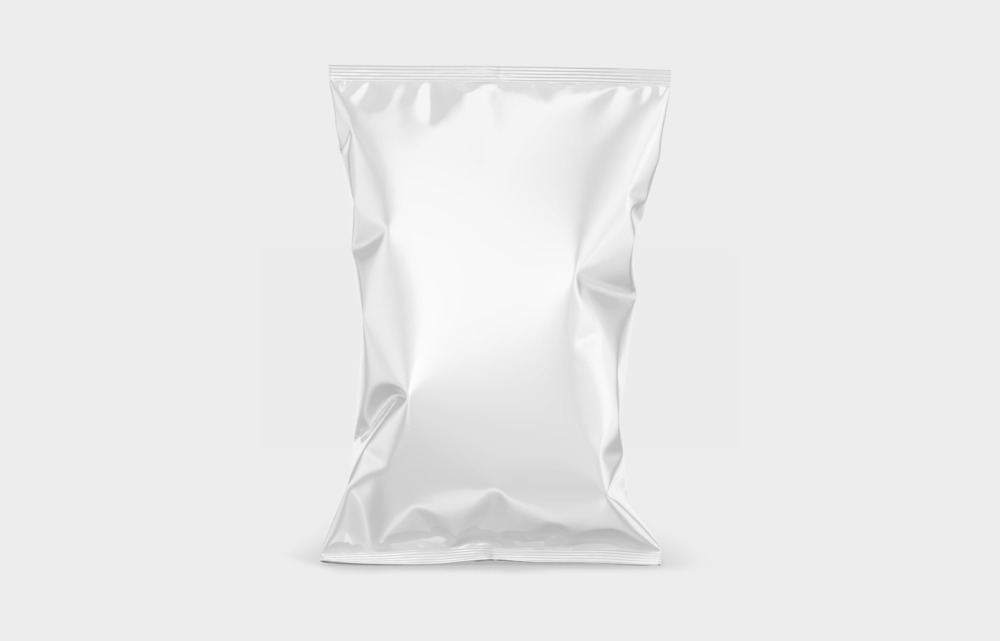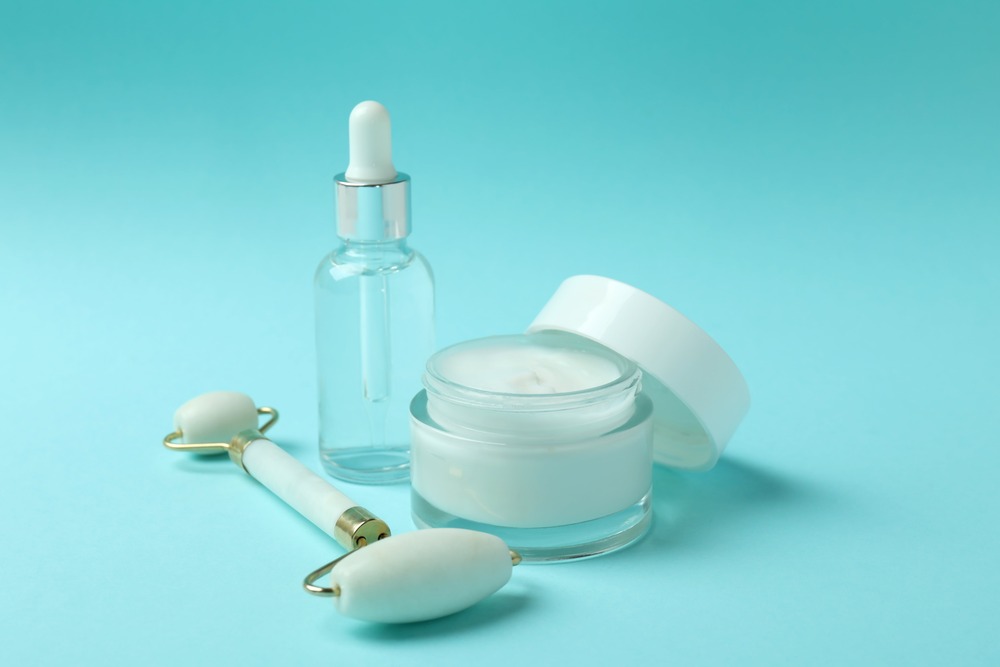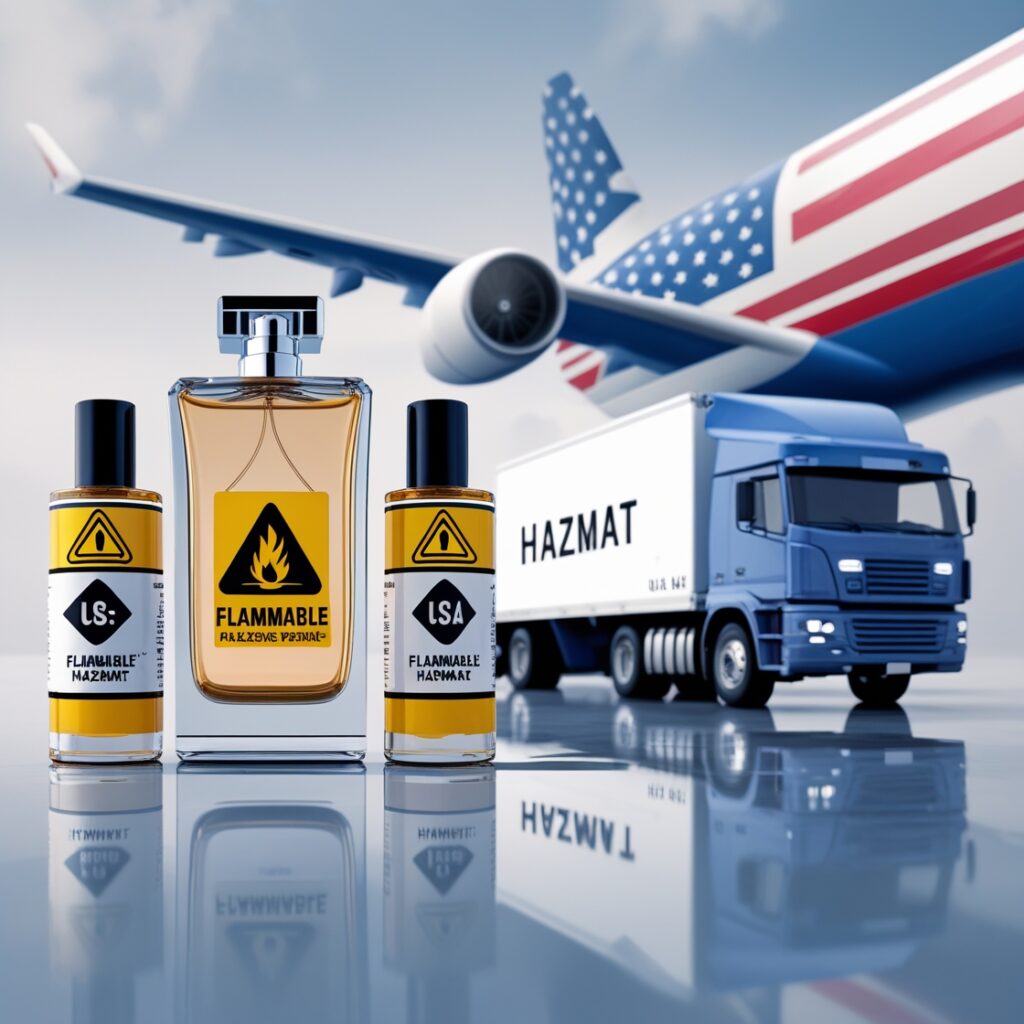We have prepared a Comprehensive Guide for Turkish Manufacturers on FDA compliant Adhesives and Food Packaging. Enjoy your reading.

Packaging materials used in the food industry are not only plastic, cardboard or glass. The adhesives used in the production of these packages are also of great importance as they can come into direct or indirect contact with food. Especially PVA.c, polyurethane, hotmelt and solvent-based adhesives are widely used in food packaging.
In highly regulated markets such as the US, FDA compliance is mandatory for every component that comes into contact with food. Therefore, companies producing adhesives in Turkey (such as Adalar Kimya) have to reassure their customers not only with their product quality but also with their FDA compliance certificates.

Types of Adhesives Used in Food Packaging
PVA.c (Polyvinyl Acetate Adhesives)
- It is the most widely used adhesive for paper and cardboard packaging.
- It is classified as indirect food contact adhesives under FDA 175.105.
- It is found in the structure of many products, from child food boxes to cereal packaging.
Polyurethane Adhesives
- It is often used in flexible packaging (e.g. vacuum food bags, milk bags).
- Provides high durability, evaluated under FDA 176.170 in structures that may come into contact with fatty foods.

Hotmelt Adhesives
- It is preferred in fast production lines.
- It is widely used in cardboard boxes for dry foods (biscuits, pasta, breakfast cereals).
- FDA 176.180 inspects packaging that may come into direct contact with dry food.
Solvent Based Adhesives
- It is mostly preferred for labeling and special packaging applications.
- Since it is flammable, it is restricted by special regulations in terms of both safety and food safety.
- It falls under the indirect contact category based on FDA 175.105.

FDA Regulations: Why Does It Concern Adhesive Manufacturers?
The FDA regulates food contact adhesives under the CFR (Code of Federal Regulations):
- 175.105 → Indirect contact adhesives
- 176.170 → Packaging materials in direct contact with fatty and juicy food
- 176.180 → Packaging materials in direct contact with dry foods
Compliance with these regulations is a critical requirement not only for food companies exporting to the US, but also for their supplier adhesive manufacturers. This is because global food brands demand FDA compliance from their suppliers and conduct frequent audits.
Customer Audits and Audit Processes
Many global food brands conduct on-site audits of their suppliers. These audits usually include
- Product formulations
- Table of contents
- FDA compliance reports
- Safety test results
requested. Missing documents may cause the producer to lose customers.
Consultancy Services Offered
As Export Partners Turkey, we offer specialized FDA consultancy to adhesive manufacturers. Our services include
- FDA regulatory analysis by product (175.105, 176.170, 176.180)
- Formulation and content control
- Preparation of technical files and conformity reports
- Documentation support for FDA applications
- Preparation before audit processes and audit support
- Creation of compliance documents required by your food producers
Advantages for Turkish Manufacturers
- Avoid Customer Churn: Respond immediately to FDA requests from your food industry customers.
- Be Prepared for Audits: Your documents will be complete and professionally prepared.
- Enter the US Market: You can export directly with FDA compliance documentation.
- Stand Out from the Competitors: FDA compliance makes you stand out in the global market.
Frequently Asked Questions:
1. What is FDA Registration?
FDA registration is an official registration process that is mandatory for food and cosmetic manufacturing facilities wishing to export to the US.
- For example: A food factory in Turkey must register a Food Facility Registration with the FDA before sending its products to the US.
- Registration is renewed annually and a U.S. Agent must be present in the United States.
2. What is FDA Compliance?
FDA compliance applies to sectors that come into contact with food but are not required to register directly with the FDA.
- For example: packaging, adhesives, hotmelt, solvents, polyurethane coatings.
- There is no registration with the FDA for these products, but the formulation of the product must comply with the FDA's CFR regulations (175.105, 176.170, 176.180).
- Conformity test reports and declarations are made available to customers.
3. Which companies should register with the FDA and which should comply?
- FDA Registration: Food manufacturers, beverage companies, cosmetics manufacturers.
- FDA Compliance: Manufacturers of food contact packaging, adhesives and sub-industries.
4. Can I get FDA certification?
No, no. The FDA does not issue certificates directly. FDA registration is done for facilities and compliance is documented through product testing and compliance reports.
5. Which documents are required for a customer audit?
- For food manufacturers: FDA registration number, plant information.
- For packaging / adhesive manufacturers: Ingredient list, formulation compliance report, FDA regulatory references.
6. Which types of adhesives are covered by FDA compliance?
PVA.c, hotmelt, polyurethane and all solvent-based adhesive types.
7. Who is FDA compliance consulting suitable for?
Chemical companies producing packaging adhesives and their food industry customers.

